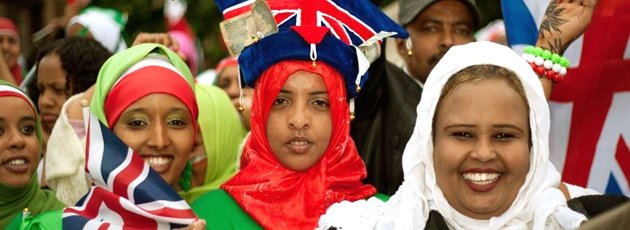- Home
- News & Blogs
- About Us
- What We Do
- Our Communities
- Info Centre
- Press
- Contact
- Archive 2019
- 2015 Elections: 11 new BME MP’s make history
- 70th Anniversary of the Partition of India
- Black Church Manifesto Questionnaire
- Brett Bailey: Exhibit B
- Briefing Paper: Ethnic Minorities in Politics and Public Life
- Civil Rights Leader Ratna Lachman dies
- ELLE Magazine: Young, Gifted, and Black
- External Jobs
- FeaturedVideo
- FeaturedVideo
- FeaturedVideo
- Gary Younge Book Sale
- George Osborne's budget increases racial disadvantage
- Goldsmiths Students' Union External Trustee
- International Commissioners condemn the appalling murder of Tyre Nichols
- Iqbal Wahhab OBE empowers Togo prisoners
- Job Vacancy: Head of Campaigns and Communications
- Media and Public Relations Officer for Jean Lambert MEP (full-time)
- Number 10 statement - race disparity unit
- Pathway to Success 2022
- Please donate £10 or more
- Rashan Charles had no Illegal Drugs
- Serena Williams: Black women should demand equal pay
- Thank you for your donation
- The Colour of Power 2021
- The Power of Poetry
- The UK election voter registration countdown begins now
- Volunteering roles at Community Alliance Lewisham (CAL)
Somalis: Proud Britons in spite of obstacles
A new research report: ‘Somalis in London’- by the At Home in Europe project, which is part of the Open Society Foundation has found that despite the many socio-economic obstacles Somalis face living in London, they are proud of their multifaceted identity including being British.
The report is part of the first comparative research which examined the position of Somalis across seven cities in Europe. The groundbreaking research aims to capture the everyday, lived experience as well as the type and degree of engagement policy makers have initiated with Somalis in those areas.
What comes through above all from the research is the kaleidoscope of challenges Somalis face in education, health, employment and policing.
One Somali pupil commenting about how he and his colleagues were viewed said:
The school I was in gave us a test, it was basically a careers test, everyone from a minority background either got a dancer, musician, or chef, whilst the white kids in our class got options to be a doctor or engineer."
In contrast to the negative imagery that many had with the education system one primary school teacher said:
My smartest children are the Somali ones,... their parents send them for extra tuition even before they start school. By the time they come to school they are higher than the other children."
This phenomena also occurs with Caribbean children who form part of the top set in primary schools, but it seems due to low teacher expectation, by the time they have spent a couple of years in Secondary school their high academic status has fallen to some of the lowest.
Not surprising, employment and negative stereotyping again played a big factor with Somali experience and life chances. A young Somali described how he and his friends were viewed whilst working at the Olympic Park:
They -the bosses- ended up memorising our reference numbers and everything, as soon as we came in everyone would be quiet, and it would be awkward, 'Ah, it’s the mischief gang', they would say".
But in spite of these many challenges, the vast majority of those researched tried to be positive about themselves and the wider community. One woman said:
In the area I live, people tend to be quite friendly, we interact with our neighbours on a regularly basis, even though there aren’t a lot of Somali families where I live."
Another said:
I’m Muslim first, then Somali, then British. It’s who I am.”
This is an excellent report, primarily because it’s starting point is to give Somalis living in London a platform to tell us their experiences in a whole range of areas.
It should help inform policy makers to avoid seeing Somalis as just Muslims, or Africans or just British. Their story is of a community who want to excel, whilst demanding that the authorities remove the many obstacles that hinder their progress.
To read the whole document go to:
http://www.opensocietyfoundations.org/reports/somalis-london
Simon Woolley
